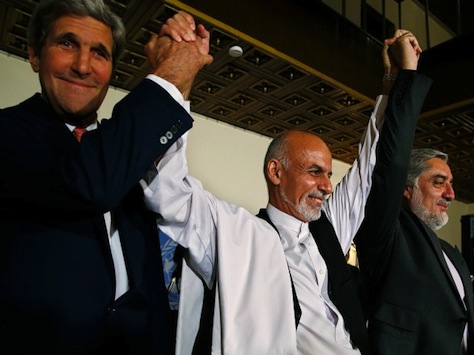With the European parliamentary elections finished on May 25, and the emergence of former Luxembourg prime minister Jean-Claude Juncker as the president of the European Council nearly a month later, the next two pieces of EU governance will be determined at a summit of all 28 leaders of the European Union on Saturday.![]()
The EU leaders, who together comprise the membership of the European Council, will meet at a summit on August 30 that is expected to determine outgoing Council president Herman van Rompuy’s successor, an office created under the Treaty of Lisbon that went into effect in 2009.
They are also expected to appoint a candidate to succeed Catherine Ashton as high representative for foreign affairs and security policy, as well as informally consider which European Commission will hold which portfolios, though those decisions are unlikely to be announced until later in the autumn.
It’s easiest to think about the two offices sequentially — first high representative, then Council president. That’s because there are just two major candidates viewed as credible possibilities for the EU foreign policy role — Italian foreign minister Federica Mogherini and Polish foreign minister Radek Sikorski — with a third, dark-horse candidate in Kristalina Georgieva, an economist and Bulgaria’s current commissioner, responsible for humanitarian aid and international cooperation.
The choices for the European Council presidency will follow from the choice of high representative, and from the decision to name Juncker, a center-right federalist from Western Europe, as Commission president. (More on the Council presidency will follow in part 2).
From the available public reports, Mogherini (pictured above) appears to be the slight favorite for the role. Continue reading Forecasting the EU power summit, part 1: Europe’s next high representative

